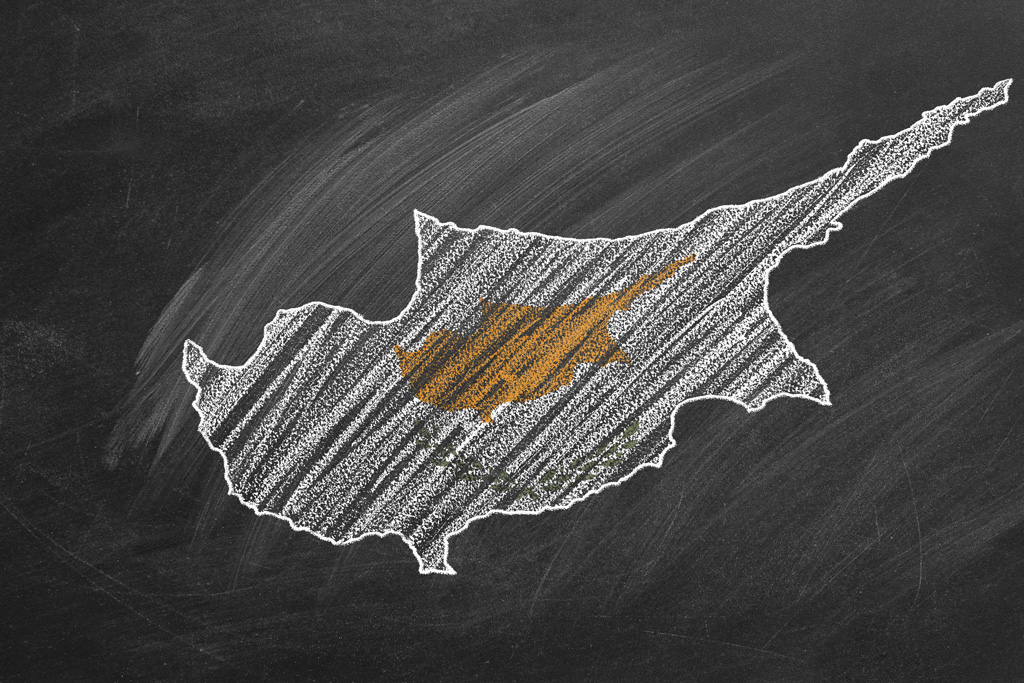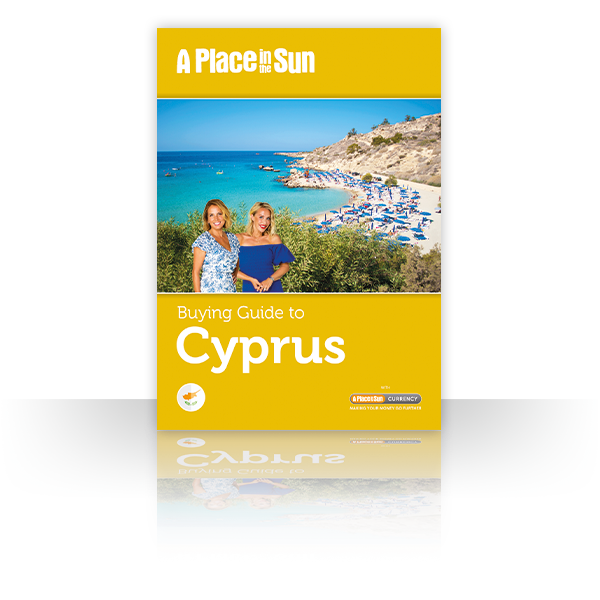-
Find your place in the sun
- Home
-
Property Search
- Property Search
-
Property in Spain
- Property in Spain
- Almeria
- Costa Blanca
- Costa del Sol
- Costa Brava
- Costa de la Luz
-
Costa Tropical
- Costa Tropical
- La Herradura
- Almuñécar
- Salobreña
- Motril
- Murcia
- Valencia
- Inland Andalucia
-
Canary Islands
- Canary Islands
- Tenerife
- Fuerteventura
- Lanzarote
- Gran Canaria
- Balearic Islands
- All Areas
- Property in France
-
Property in Portugal
- Property in Portugal
- Algarve
- Albufeira
- Lagos
- Lisbon Coast
- Silver Coast
- All Areas
- Property in Italy
-
Property in Greece
- Property in Greece
- Aegean Islands
- Corfu
- Crete
- Halkidiki
- Ionian Islands
- All Areas
- Property in Florida
- Property in Cyprus
- Property in Turkey
- Search all countries
- New Developments
- Find an agent in...
- Most Popular Properties
-
-
Help & Guides
- Help & Guides
- How to Buy
- Area Guides
- Free Guide Download
- Professional Services
- Currency
- Mortgages
- Insurance
-
Relocation
- Relocation
-
Moving to Spain
- Moving to Spain
- Buying property in Spain
- Living in Spain
- Retiring to Spain
- How to move to Spain
-
Moving to France
- Moving to France
- Buying property in France
- Living in France
- Retiring to France
-
Moving to Portugal
- Moving to Portugal
- Buying property in Portugal
- Living in Portugal
- Retiring to Portugal
-
Moving to Italy
- Moving to Italy
- Buying property in Italy
- Living in Italy
- Retiring to Italy
-
Moving to Cyprus
- Moving to Cyprus
- Buying property in Cyprus
- Living in Cyprus
- Retiring to Cyprus
- Moving to Malta
- Find a Lawyer
- Viewing Trips Guide
- Articles
- Webinars
- New Developments
- Live Events
-
TV Show
- TV Show
- Episodes
- Presenters
- Apply
- Advertise with us
-
- Sign up / sign in
- Currency
- Find an agent
- Advertise with us
Education system in Cyprus
 The school system in Cyprus is similarly structured to the UK’s.
The school system in Cyprus is similarly structured to the UK’s.
Primary and secondary education are compulsory, but there's also the additional requirement of one year of compulsory pre-school before starting school at five years old.
How does education in Cyprus differ from the UK?
Although the education systems in Cyprus and the UK are similar, one key difference is that secondary education is split into two parts:
- Lower secondary school (gymnasium)
- Upper school called the lyceum
There are no half-term holidays in Cyprus, and the summer break is three months rather than six weeks. The school
day starts earlier, typically between 7.30am and 8am, and finishes 1.15-2pm. The Cypriot education system is not rated amongst the best on a global scale, yet it is improving. Along with the free state schools – which are Greek-speaking – there are private schools and international schools.
It's also worth noting that home-schooling is not legal in Cyprus and provision for special needs is not as extensive as in Western European countries.
How do I choose a school?
State schools are increasingly offering Greek lessons to help the children of expats catch up and integrate, yet – as per the UK – the quality is widely divergent. Getting recommendations from settled expats is one way of navigating this – check out forums and talk to locals.
It is often easier for younger children to learn the language and adapt to a state school. For older children, the language barrier is often an issue. For those expats who are on transient postings or not sure how long they will stay in a country, international schools can be better.
International schools are better suited to integrating children speaking in different languages, and those who have been schooled elsewhere with an alternative curriculum (although the International Baccalaureate, or IB, is designed to provide easy transferability across borders and provide a very global outlook).
There is a good choice of international schools in the capital, Nicosia, and key examples elsewhere are the International School of Paphos, The American Academy in Limassol, The Heritage Private School in Limassol, The American Academy in Lanarca, the TLC School in Paphos and Xenion High School in Paralimni.
Fees for these private schools tend to be lower than found in the UK independent sector. On the flipside, for families who are settled in Cyprus and intend their children to be so, attending a state school can be a much more effective way of learning the language fluently, and being immersed in Cypriot culture. It really depends on what you prioritise for your child’s future.
FAQs: Education system in Cyprus
How does the education system in Cyprus work?
Cyprus has a well-structured system that includes pre-primary, primary, secondary, and higher education. Schooling is compulsory from ages 5 to 15, with options to continue through upper secondary and university. Both public and private schools operate in the country.
Is education free in Cyprus?
Yes, public education is free for residents at primary and secondary levels, with lessons taught in Greek. Families only pay for school supplies, uniforms, and small contributions for activities. Private and international schools charge tuition fees.
Are there international schools in Cyprus?
Yes. Cyprus has a strong network of international schools, particularly in Nicosia, Limassol, Paphos, and Larnaca. Many follow the British curriculum, IGCSEs, and A-Levels, while some offer the International Baccalaureate (IB). These schools are popular with expat families.
What language are lessons taught in at schools in Cyprus?
Public schools teach primarily in Greek, though English is widely spoken and taught as a second language. International schools teach in English, with some bilingual options also available.
What age do children start school in Cyprus?
Children typically start pre-primary at age 3 and primary school at age 5. Compulsory education runs from age 5 to 15, after which students can continue with upper secondary or vocational training.
How much do private and international schools cost in Cyprus?
Fees vary by school and curriculum. On average, tuition ranges from €3,000 to €10,000 per year, depending on the grade level and school reputation. Some schools also charge enrolment and exam fees.
Are universities in Cyprus good for international students?
Yes. Cyprus has both public and private universities, many offering courses in English. The University of Cyprus and Cyprus University of Technology are well-regarded, and private institutions provide a range of international programmes.
Do expat children adapt easily to schools in Cyprus?
Yes. Many expat children attend international schools where English is the main language of instruction. Those who attend local schools may need time to adjust to Greek, but integration is usually supported by language programmes and a welcoming community.
